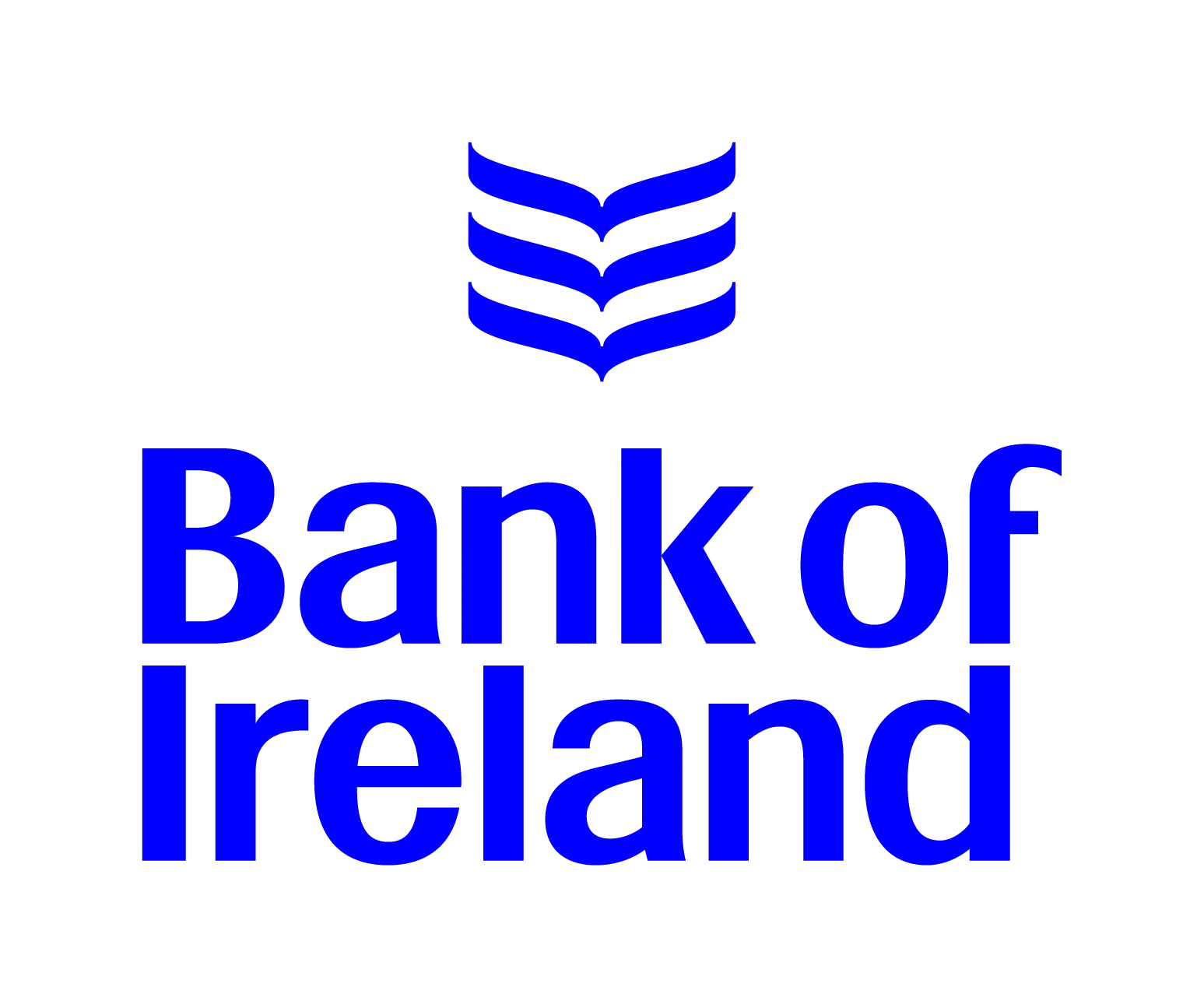
Deciding to finally take the big step of becoming a homeowner is something to be really proud of. The thought of owning your own place is an exciting one, and you can finally look forward to the moment you get the keys to your first home.
“But I don’t have a notion where to start with all this home buying craic,” we hear you say. Yes, it can be slightly daunting at the beginning when you don’t have a concrete plan in place but in all honesty, it often starts to come together pretty nicely once you take it one step at a time.
We’ve teamed up with Bank of Ireland to help you along your home buying journey, so keep your eyes peeled for more content over the coming weeks. From the moment you put the first few bob into your savings account to the day you get the keys into your hand, we want to help you along the way!
The basics
It’s helpful to set an exact target for yourself rather than saving blindly, so try to figure out what kind of a budget you’re looking at before you begin.
As a first time buyer you can generally borrow up to four times your gross annual income (if you’re buying it with someone else, add their total to yours before multiplying) for a mortgage and can borrow up to 90% of the value of the property, so think of it this way:
- If you are purchasing as a couple and both of you are earning €30,000 per year, your combined income is €60,000.
- Four times that is €240,000 (fast maths), which is the biggest mortgage you would likely be able to obtain.
- To get a mortgage for a home at this value, you would need to set yourself a savings target of €24,000 for the deposit.
There are some myths regarding how squeaky clean your finances need to be when applying for a mortgage. At Bank of Ireland for example, they will ask to look at six months’ worth of your recent bank statements and 12 months of savings account statements when reviewing your spending habits, and will perform other checks such as a look at your credit history and most recent payslips.
Regardless of what stage of the process you’re at, speaking to a mortgage advisor is always a great idea. It’s never too early to speak to them, so don’t start thinking you need to have your deposit ready beforehand!
Getting into the mortgage mindset doesn’t require years of training from Liam Neeson on a snowy mountain somewhere (although that does sound pretty cool). We’ve outlined the steps you need to take below, and before you know it you’ll be a master of all things mortgage.
Get into the right mindset
The first step you need to take doesn’t require any estate agents, or visits to show homes. A great place to start is by setting out a realistic outlook of your current financial situation, both in terms of your total income and current outgoing costs.
Try to not beat yourself up when it comes to looking at your finances (easier said than done, to be fair!). Now is the time to look for improvements that can be made rather than regret every impulse buy you’ve made over the past month or fall into the trap of thinking you aren’t good at saving money.
Saving money only works long term when you are realistic with yourself without trying to pinch every penny. Unnecessary costs can sometimes become pretty obvious simply by reviewing your bank statements and spending habits, and thankfully there are some methods that can make it easier.
Using the 50:30:20 budgeting method is a great way to approach budget management. Keeping half of your spending for needs such as rents/bills, the rest of your income is split with 30% for wants like streaming services and hobbies and 20% for savings/debt repayment.
Consistency is everything, as saving regularly will demonstrate a level of commitment that will stand in your favour when applying for a mortgage (more on that below). The key is to find an amount of money you can put away every month that will build up your deposit.
Be mortgage ready
Focus on getting yourself “mortgage ready,” which will take a bit of time. There’s a personal finance genie inside all of us, and once you take back control of your spending you’ll start to agree.
Motivate yourself to hit the target you set. Not only will this stage of the process bring you closer to owning your own home, but by the end of it you’ll be more prepared to deal with repayments as well.
It’s also worthwhile to put that money in a dedicated savings account, as it’s easier for both you and your mortgage provider to see exactly how much progress you have made. A Bank of Ireland MortgageSaver account is a powerful tool to have, and one your future self will thank you for when it gets topped up by €2,000 thanks to the bank when you draw down on a Bank of Ireland mortgage.
Think of it as a smarter way of saving than relying solely on a standard savings account, as that is €2,000 (minus DIRT) that would have otherwise passed you by. All you have to do on your end is save between €200 and €2,500 monthly for at least six consecutive months by direct debit, and have a minimum of €5,000 saved in total.
You can apply for one online in a matter of minutes, and you have the option to deposit lump sums should you wish to top it up by more than the direct debit you set. The €2,000 (minus DIRT) you receive can be used for whatever you see fit, be it a couch you’ve had your eyes on or a 4K TV you don’t plan on taking your eyes off for the first six months!
These early stages are exciting, but we want to help you right up to the moment you move in. Keep an eye out for more content about your mortgage journey, from the ins and outs of the home buying process to busting some of the biggest myths surrounding it.
The MortgageSaver Bonus Interest is subject to DIRT at the prevailing rate and will be paid after the mortgage is drawn down. Over 18s only. Bank of Ireland is regulated by the Central Bank of Ireland.
Lending criteria, terms and conditions apply. Over 18s only. Mortgage approval subject to assessment of suitability & affordability. Security & insurance required. You mortgage your property to secure the loan. Bank of Ireland Mortgage Bank trading as Bank of Ireland Mortgages u.c. is regulated by the Central Bank of Ireland.
To find out more about how a Bank of Ireland MortgageSaver account works, visit the website here.
Featured Image Credit: Bank of Ireland
Topics: Ireland

